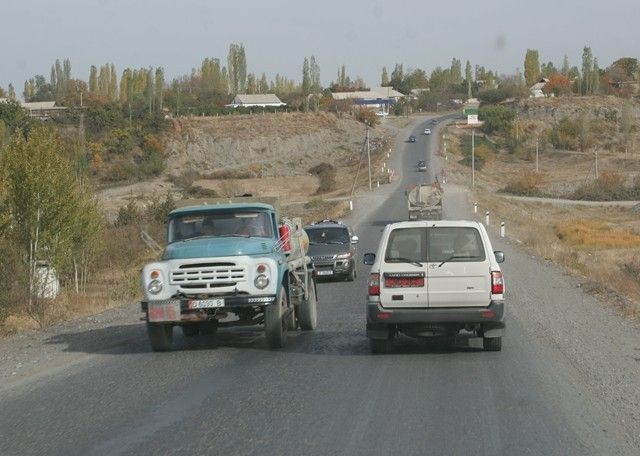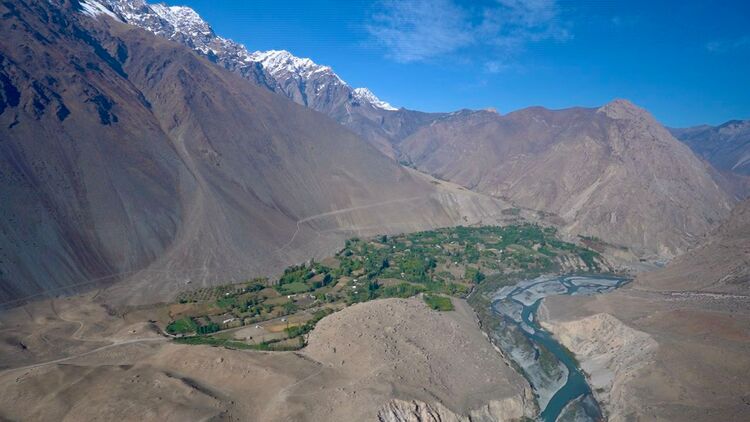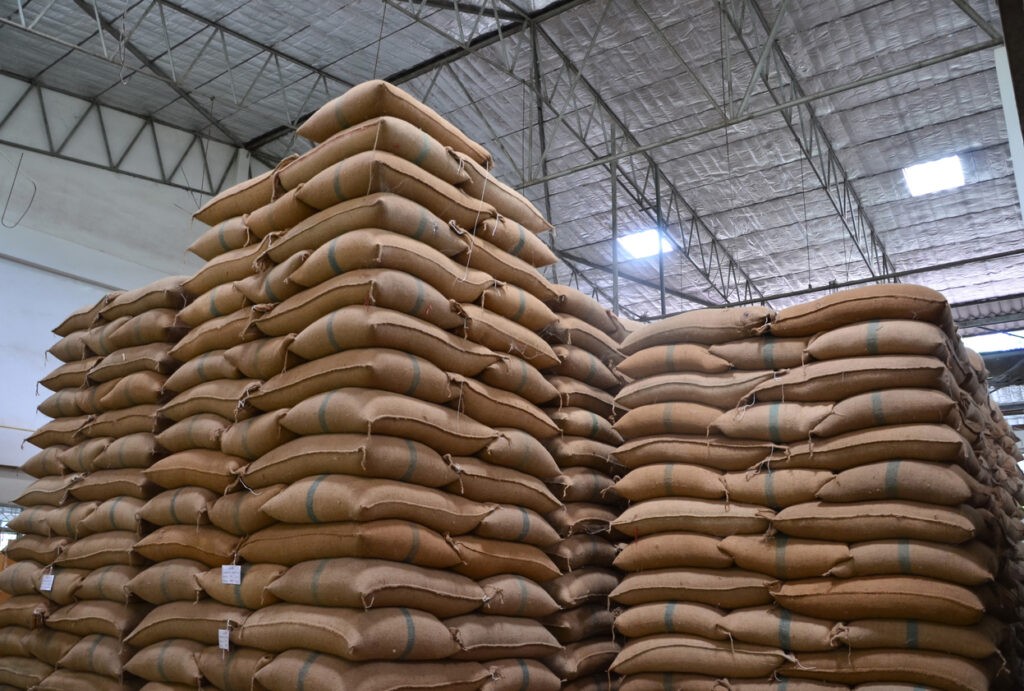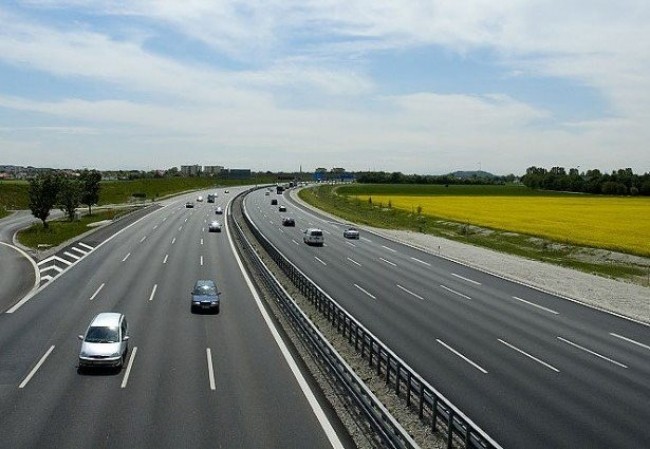BISHKEK (TCA) — Kyrgyzstan is planning to introduce alternative toll roads. The first pilot project will be the Bishkek—Chaldovar highway, bypassing Uzgen city in the south of the country.
Another toll road will be the Kuvaki— Kochkor highway in the Naryn province. The Kok-Moinok — Kuvaki road is a section of the Bishkek— Naryn—Torugart highway which connects the Boom Gorge with the Orto-Tokoy reservoir and Kochkor village. The road is included in the list of highways of international significance in Kyrgyzstan. Passing the route through the Kuvaki Pass allows shortening the way to Kochkor village by 40 kilometers. Fees for cars will not be charged, but for trucks and busses only.
It is necessary to introduce toll roads in the country, but this should not affect socially vulnerable population. These routes should be alternative so that people could choose whether to pay or not, Prime Minister of Kyrgyzstan Sapar Isakov said. There should not be many toll roads in the country, only two or three and they should be introduced gradually, he added.
To build new toll roads, private investors can be attracted to ease the future burden on the national budget for road repair. In 2018, the public-private partnership will help develop the road sector of Kyrgyzstan. The Ministry of Transport and Roads will draft a PPP regulatory framework.
However, some experts believe that it will not be easy to introduce the new order because there is no mechanism for reimbursement and maintenance of road infrastructure in Kyrgyzstan. In addition, the social factor also matters. The local population, as a rule, has a negative attitude towards toll roads. There is a problem with the solvency of the population. Therefore, it is necessary to carry out an outreach campaign among local communities.
Currently, heavy truck drivers pay for travel on several sections of the Bishkek—Osh highway.
Weight control
Prime Minister Isakov was recently informed that the fully automated and computerized weight control was not used at transport control points. He said this at a round table on attracting private investments through public-private partnership in Kyrgyzstan.
“It turned out that trucks were bypassing weight control points. So, it can be assumed that the weight control staff is not interested in the cleanliness of this process, and drivers of heavy trucks are in collusion with them,” he said.
If the Transport Ministry cannot resolve this issue, then the Government will consider outsourcing of weight control functions to the private sector, Isakov added. The Government will pay companies for their services and the rest of the money collected will go to the state budget. The weight control is necessary, because roads in the country are deteriorating, he said.
After this statement, the regional prosecutor’s office initiated criminal proceedings against Finance Police and Transport Ministry officials.
According to the Ministry of Transport and Roads, an automatic weighing system of vehicles on the move was installed at the Kemin and Sosnovka checkpoints.
Overloaded or incorrectly loaded vehicles cause huge damage to the road surface. This damage then turns into a multi-million dollar investment in road repairs. Taking into account the limited budget allocated by the State for maintenance and repair of roads, strengthening of weight control is a vital measure.
According to experts, with a 25% increase in the load, freight vehicles cause 2.6-fold damage compared to the standard 10-ton axle load. A double load on an axle causes 18-fold damage.
The Transport Ministry plans to introduce automated weighing systems for vehicles, which will remove the human factor at all checkpoints. A special feature of the new system is that when a vehicle is moving, sensors built into the roadway automatically determine its type, the plate number, weight and the load on the axle, sending the information to the central server.
Roads in Bishkek
Due to friendly relations between Kyrgyzstan and China, a large project to development the street and road network in Bishkek is being implemented.
In December, the governments of Kyrgyzstan and China signed a document to carry out the second phase of the project, and 60 sections of roads with a total length of about 74 km will be rehabilitated and reconstructed in the capital city. The project will be implemented through free technical and economic assistance of the Chinese Government.
Under the first phase of the project, 49 km of roads with a total length of about 100 km were repaired and reconstructed in the capital. The total cost of the project is $42 million.
Two overpass interchanges will be built to unload the roads in Bishkek, the press service of the Bishkek Mayor’s office reported. Construction of two interchanges on the Fuchik Street will allow crossing the city without stopping in. When leaving the Manas International Airport along the Fuchik Street, vehicles will be able to move along Bach Street to the southern part of the capital, including the Ala-Archa state residence. The project is planned to be completed in 2020.









